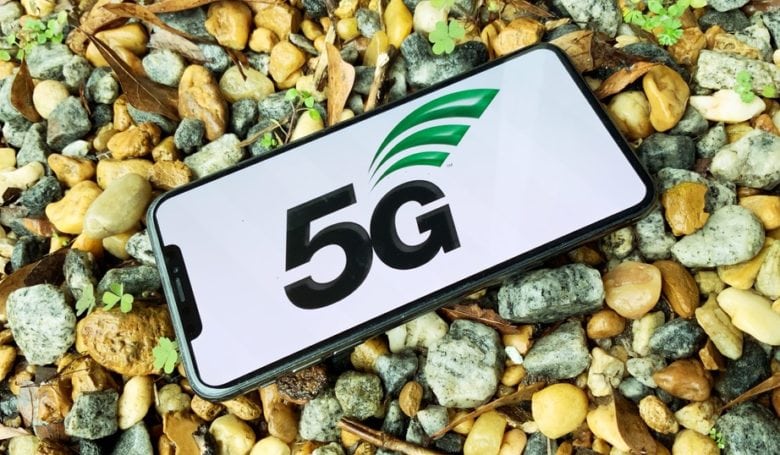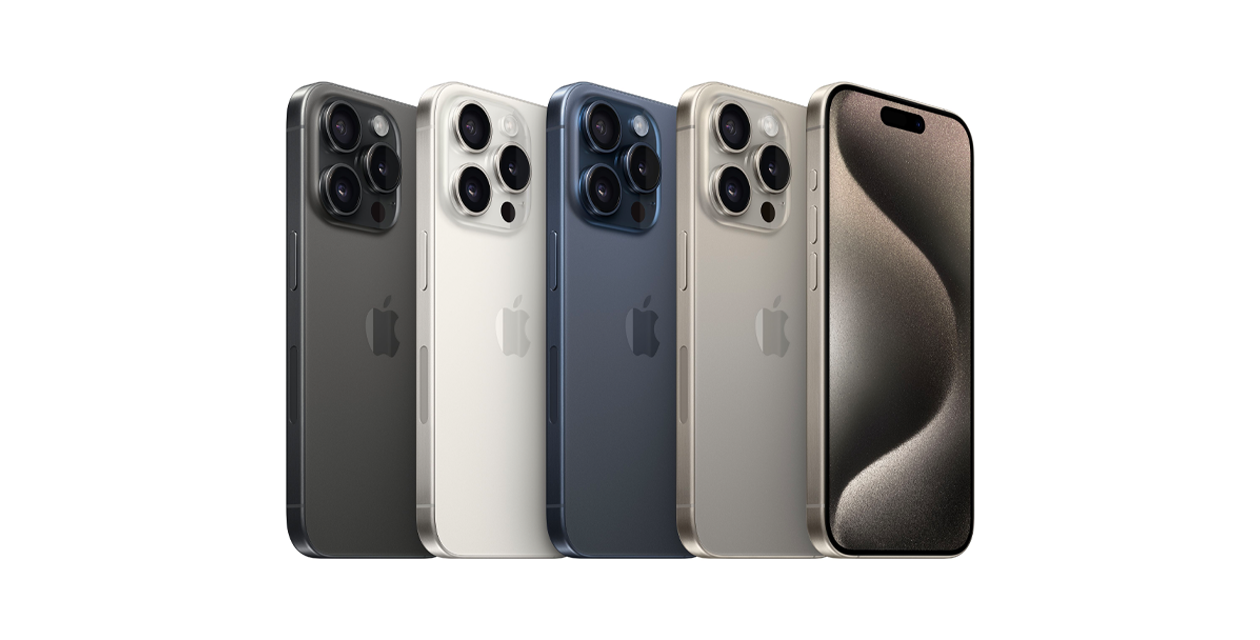Why Apple’s 5G modem options could be a big problem

Photo: Ed Hardy/Cult of Mac
With Apple and chip-maker Qualcomm back in court this week, the iPhone maker needs to find another source for 5G modems. There are additional possibilities — Intel, Samsung, Huawei and MediaTek — but “none of which is ideal” according to analysts with market-research firm Cowen.
5G should noticeably increase the speed at which phones and other computers connect to the internet. It’s just now being rolled out; AT&T is offering it in very limited areas, but its top competitors have only promises to start service later this year.
Qualcomm already has a 5G modem but Apple is very unlikely to use it as the two companies work through a long and bitter series of patent infringement lawsuits. Analysts from Barclays are urging Qualcomm to settle to get its chips in a future 5G iPhone, but so far there’s no sign of any reconciliation.
What about Intel?
The next possibility is for a 5G iPhone to “launch 18 months after 5G competition with an inferior modem from Intel likely without mmWave capabilities,” according to a note released today by Cowen. Intel recently admitted that the first products with its 5G modem wouldn’t be out until next year.
Apple could even buy Intel’s modem business so it could produce its own 5G chips. Cowen described this as “a reasonable but expensive long-term solution.” However, the analysts warn that this might delay the 5G iPhone past 2020.
Three worse options
If it doesn’t go with Intel, Apple could “source a 5G modem from chief competitor Samsung,” suggests Cowen’s note. However, the Korean company would likely charge quite a bit for its 5G chip.
Huawei also makes one, but the U.S. government has put up barriers to the use of this Chinese company’s products out of fear that China’s spy agencies would use this equipment to surveil Americans.
As for the last possibility, “MediaTek’s stack is too far behind in terms of timeline,” says Cowen.
Although the first generation of 5G Android phones are being announced now, Apple’s situation is far from desperate. It’s likely 5G access won’t be broadly available until 2022. And the iPhone maker waited until long after its rivals to adopt 4G without noticeable harm.






Recent Comments